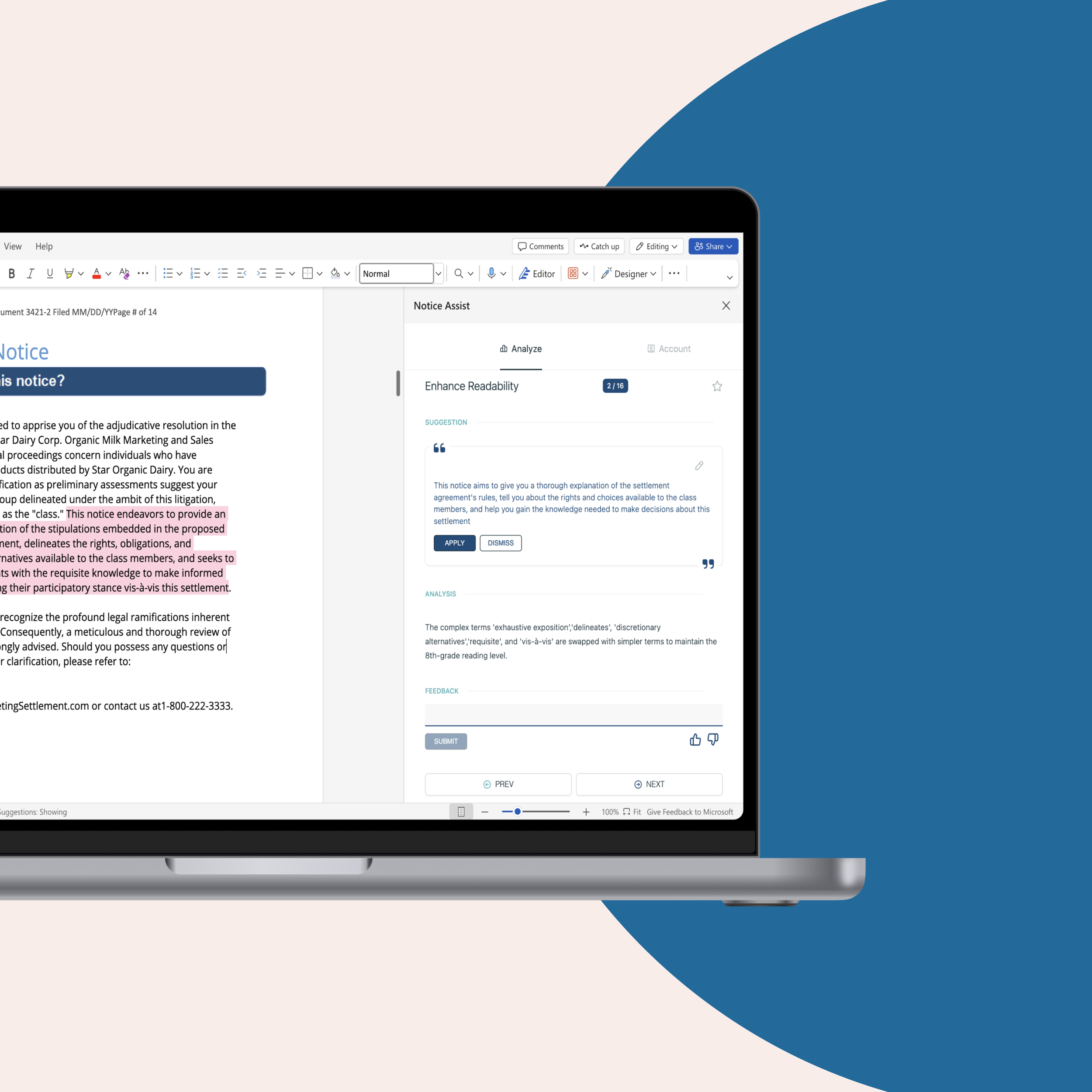Impact Fund and Allies File Amicus Brief to Preserve Workers’ Right to Bring Class Actions Under the ADA
Kara Gordon, Summer Law Clerk
With the passage of the Americans with Disabilities Act (ADA), Congress intended to eliminate discrimination against people with disabilities at work and in other areas of public life. Congress sought to end the perception of disability as incapacity or dependence and reframe it as a neutral characteristic, like race or gender, that should not interfere with treatment or opportunity. To ensure that the ADA’s promise is real, the statute is enforced in all of the same ways as other civil rights laws. Today, when discriminatory policies and practices harm groups of workers with disabilities, class actions provide a powerful and important tool for enforcing the protections of the ADA.
In Harris v. Union Pacific Railroad Co., a group of Union Pacific employees used the powerful class action tool to challenge a company-wide fitness-for-duty policy, alleging that it discriminates on the basis of disability. The policy requires workers in certain positions to disclose specific health conditions, then automatically places them on leave and subjects them to a fitness-for-duty evaluation. The fitness-for-duty policy relies on an unscientific “1% Rule,” taking workers off the job if they are deemed to have more than a 1%-per-year probability of “sudden incapacitation” based on population-based risk assessments.
The lawsuit alleges a company-wide policy discriminates on the basis of disability.
In February, the District of Nebraska found that the proposed class met all the requirements to be certified and proceed as a class action. The court also adopted a two-phase trial plan that would focus first on whether the company policy violated the ADA, and then if appropriate, on what individual class members may be entitled to receive. Union Pacific appealed, asking the Eighth Circuit to decertify the class. Its arguments boiled down to an assertion that the ADA is fundamentally incompatible with class actions, either because a class cannot be properly defined or because the ADA requires individualized showings that cannot be met in a class action.
Impact Fund, Public Justice, and disability rights advocates disagree. If the Eighth Circuit accepts Union Pacific’s argument, it would make it harder for plaintiffs to bring class actions challenging discriminatory policies and practices that violate the ADA. That’s not what Congress intended or the law requires. That’s why Impact Fund and Public Justice wrote an amicus brief emphasizing the critical role of class actions in enforcing the ADA. Class actions provide vindication of the rights of workers with disabilities who individually would lack the resources to challenge company-wide policies and practices.
We argue that not only is the ADA compatible with class treatment, that is exactly what Congress intended. Congress expressly based the ADA on Title VII of the 1964 Civil Rights Act, granting individuals with disabilities unfettered access to the class action device in cases that meet the necessary requirements. There is nothing extraordinary about the district court’s certification of this class of Union Pacific workers. Courts have certified many classes alleging common discriminatory employment policies. The ADA is a remedial civil rights statute like any other and does not require any heightened or unique hurdles. Determining whether an employer engaged in a pattern or practice of discrimination on the basis of disability is perfectly suited to resolution on a classwide basis.
People with disabilities must be allowed to join together and use class actions to pursue workplaces free of discrimination.
Workers continue to be discriminated against on the basis of disability in the Eighth Circuit and across the country. They must be allowed to join together and use class actions to pursue workplaces free of discrimination, just as Congress intended when it passed the ADA.
Impact Fund and Public Justice are joined in the brief by thirteen other organizations dedicated to eliminating discrimination against workers with disabilities: AARP, American Diabetes Association, Disability Rights Advocates, Disability Rights Arkansas, Disability Rights Education & Defense Fund, Disability Rights Iowa, Disability Rights Legal Center, Disability Rights Nebraska, Disability Rights Texas, Legal Aid at Work, Mid-Minnesota Legal Aid, Missouri Protection & Advocacy Services, and The Protection & Advocacy Project.
UPDATE: March 24, 2020
The Eighth circuit has filed an opinion in the case reversing the district court’s grant of class certification.
The Court found that individualized questions prevented a class-wide finding of discrimination, given the differing medical conditions among class members, defeating the cohesiveness requirement of Rule 23(b)(2) and the predominance and superiority requirements of Rule 23(b)(3) necessary for class certification.
Although this decision is disappointing, the Court did not rule on the broader question of whether class actions brought under the ADA can be granted certification.














